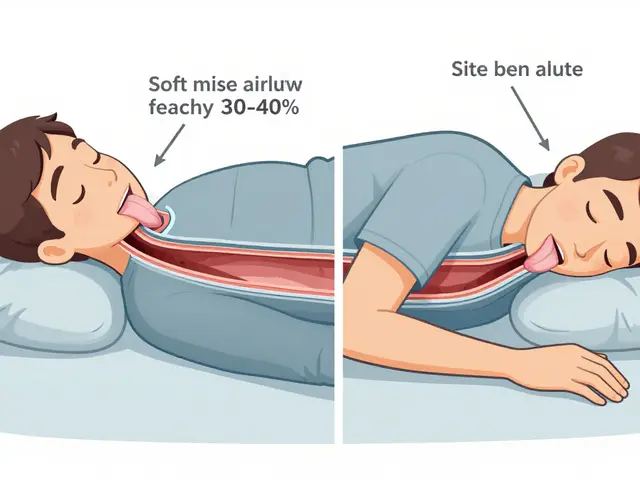FDA Personal Use Policy: What It Means for Buying Medicine Online
Most people think importing medicine is flat-out illegal — that’s not the whole story. The FDA often allows limited personal importation when certain conditions are met, but it’s not a free pass. Read this to know what the FDA expects, what they usually block, and simple steps to reduce risk when ordering meds from abroad.
What the FDA looks for
The agency checks a few practical things. First: quantity. FDA commonly tolerates a small supply for personal use — many people report that a 90-day amount is usually acceptable — but large or repeated shipments look commercial and get stopped. Second: medical need. Drugs meant to treat serious conditions and with no U.S. alternative stand a better chance of getting through. Third: safety and type of drug. Controlled substances, many injectables and biologics, and experimental drugs are likely to be refused. Fourth: documentation. Having a legitimate prescription and contact info for your prescriber helps if customs questions the package. Fifth: obvious red flags. Packages from sellers without a real address, no pharmacist contact, or prices that seem too good to be true are risky.
Remember that U.S. Customs and Border Protection (CBP) also enforces import rules. Even if FDA would consider a shipment for personal use, CBP can seize it if paperwork is missing or the package looks commercial. There’s no guarantee.
Practical tips to reduce risk
Order a small amount the first time — enough for a single cycle or up to about three months. Keep a copy of your prescription, a note from your doctor if possible, and the prescriber’s contact details. Choose pharmacies with clear contact information, a pharmacist to talk to, and third-party verification (look for reviews and transparency more than a badge you don’t recognize). Avoid buying controlled substances or injectable meds without explicit approval from your doctor and local regulators.
Watch the price: extremely low prices are a common sign of counterfeit or unlicensed sellers. Track shipments and choose services with package tracking. If customs or the seller asks for more paperwork, respond quickly and honestly. Consider asking your doctor about legal alternatives inside the U.S., patient assistance programs, or generic options that may be cheaper and safer.
Quick checklist: 1) Limit orders to a single course or up to 90 days. 2) Keep a printed prescription and prescriber contact. 3) Use pharmacies that list a licensed pharmacist and show clear business details. 4) Avoid injectable and controlled meds unless cleared by authorities. 5) Keep shipment tracking and proof of purchase. If something seems off, stop and call your doctor. These steps won't guarantee delivery, but they cut your odds of trouble.
Importantly, rules change and enforcement varies. Check FDA and CBP guidance before you order, and ask your healthcare provider if importing a specific medicine makes sense for your situation. When in doubt, play it safe — a trusted local pharmacy and a prescriber you can reach beat a risky shipment any day.
Stay informed and cautious.





